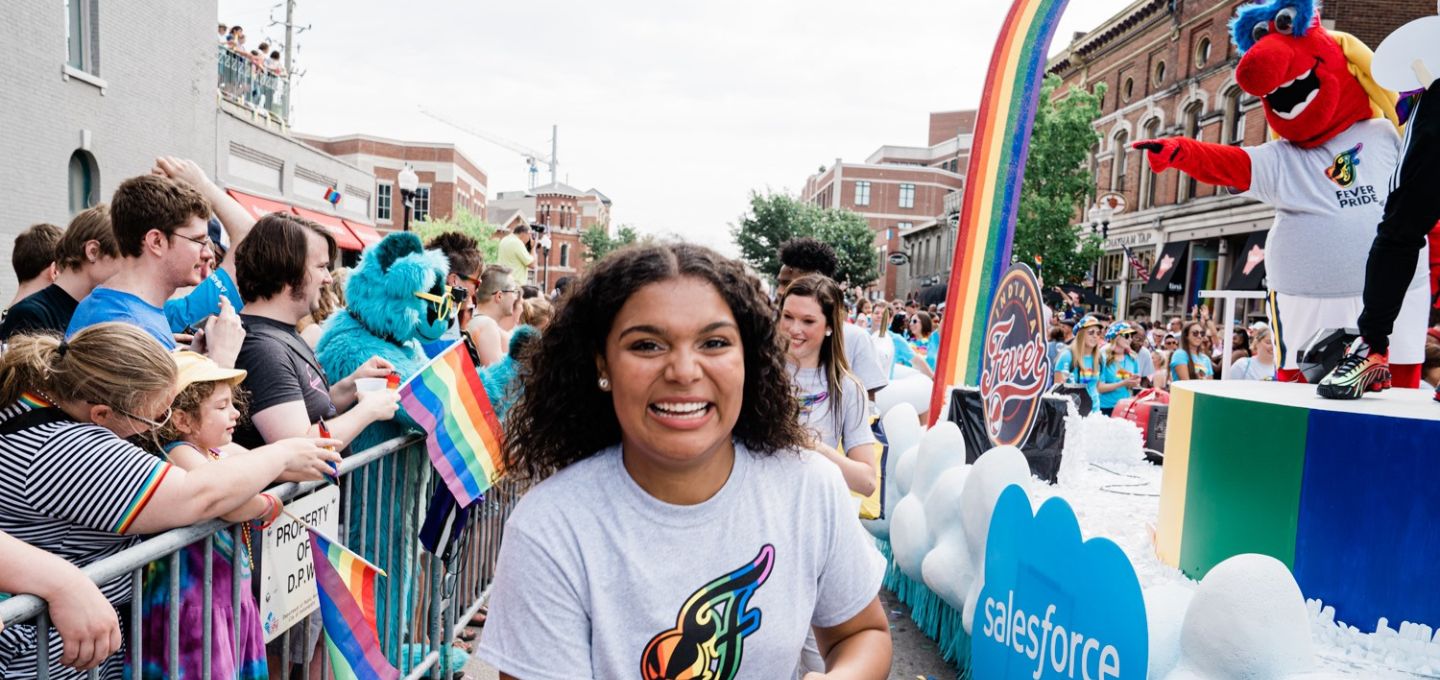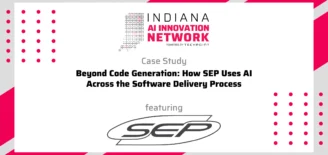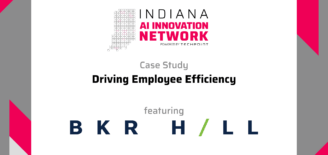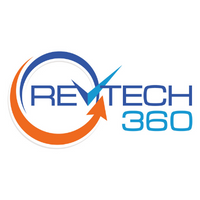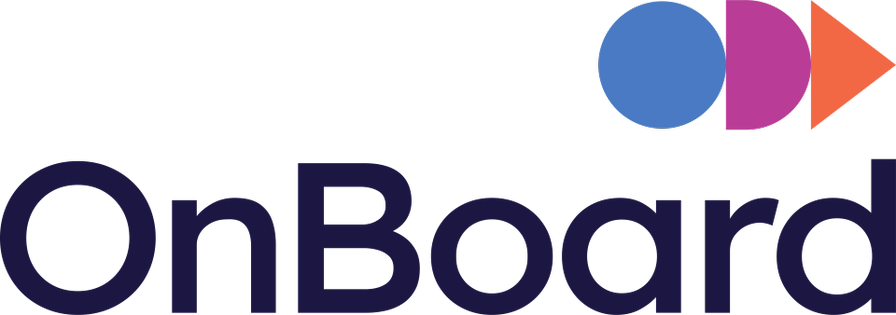Pride: Bringing your whole self to work in tech
Prior to joining the tech community, Stephen Phillips worked as a school counselor and therapist before moving into human resources and talent acquisition. One work environment was just plain discriminatory and one lacked basic knowledge of LGBTQ+ issues, but was at least friendly to its gay employees, he said.
“I had my pronouns he/him in my social profile, and the owner asked if that meant that I am the guy in the relationship,” Phillips recalled. While it was an uncomfortable conversation, Phillips used that moment to foster a connection with the owner rather than build a wall.
“Now working in tech at Zylo, I feel like I’m in the Twilight Zone sometimes because it’s so open. I didn’t expect that when first coming into tech, but these eight months have been a dream in terms of being able to bring my whole self to work. I’m 31 years old and I have never experienced that in the workplace before.”
In the past, Phillips had always entered work-related meetings or events trepidatiously because he didn’t know how coworkers or customers would react to him being truthful about basic things that everyone else talks about, such as relationships or weekend plans, etc. But in his opinion, displaying diversity today is almost like having a social media blue checkmark that reflects well on a tech company’s culture as one that is welcoming and inclusive.
Meeting ignorance with kindness
Many tech leaders acknowledge the imperative to focus on diversity, equity and inclusion to ensure a workforce capable of future success, but a cisgendered White male “bro culture” is still dominant in many tech companies nationwide and in Indiana.
“You have to start somewhere,” Phillips said. “I look at it as my responsibility to walk alongside people sometimes, whether it’s through work or just in life, and listen to the maybe-not-so-sensitive comment and reframe it for them rather than just be offended. Because then the walls go up and nothing changes. It does take more time and effort and sometimes it can be exhausting, but it’s more effective as well, I think.”
There is a lot of power in how you respond to those uncomfortable moments. Some people view reacting with kindness instead of offense or anger as just politically correct or a weak way to go about it, but Phillips disagrees.

“No workplace is going to be perfect, but if leadership values diversity and the culture celebrates it, then you can trust in each other and face things together openly and honestly,” he said.
A global network focused on equity
RevTech360 solves business problems exclusively using MuleSoft and Salesforce, and is a MuleSoft Partner and Salesforce Consulting Partner. In 2021, the company received a strategic investment from Inoca Capital Partners to support growth, and the first step was hiring a new CEO, Valerie Osinski. As CEO, Osinski’s first step towards growth was hiring Kathleen Armbruster as Director of Talent.
“My wife, Rebecca, works as a Salesforce professional at Scale Computing and went through one of the early cohorts of Salesforce’s Pathfinder Program. So when your reference point is all inside the Salesforce bubble you’re pretty naturally going to view tech as more progressive, and it is, in my experience, an industry that is more progressive in general,” said Armbruster. “In the past, I have worked in places that were not in tech and not safe, so that’s my continuing driver to make sure that we’re doing the things that firmly plant us as a safe place to be yourself—it doesn’t have to be just LGBTQ+ either, it can be race, education, geography, any walk of life.”
As a Salesforce Consulting Partner, RevTech360 has aligned with their commitment to make endeavors toward equality. Salesforce provides a roadmap of expectations for its consulting partners in its ongoing journey toward diversity, equity and inclusion.

“They [Salesforce] have it laid out and we have made intentional strides toward aligning with it, which is great for smaller, fast-growing companies that genuinely want to build a special place for everyone to work, but are also juggling daily challenges in a really competitive market,” Armbruster said. “Fortunately, I think we all get how important inclusion is to recruiting and productivity now, and the roadmap from Salesforce is all stuff I want to do anyway so it’s nice to have access to those thoughtful resources.”
Armbruster noted that it’s not all rainbow emblems and parade sponsorships, though those are good things that are highly visible and project significant big business, corporate support for gay communities. “It’s about policy, too,” she said.
Salesforce, in particular, has made large investments from a policy perspective. For example, in November, the software giant introduced a $55,000 transgender staff benefit package including an additional four weeks of leave and mental health counseling. The message being sent is clear, Salesforce is out in front with real-dollar commitments to employees that show them they are welcome and valued.
Togetherness as a guiding principle
Talent Acquisition Partner Michael Kremer describes himself as unapologetically queer and says it’s just not a “thing” at OnBoard. Not that it’s okay to be gay or accepted, but that it’s normalized to the point of being ordinary.
“From the moment I was contacted by the company, I never felt like I needed to hide who I am or put a filter on what I say,” Kremer said. “I don’t want to work in a place where I can’t be who I am, and I think OnBoard does a really good job of making sure everyone knows that we want them here as the people they are first and employees second.”
The guiding principle undergirding OnBoard’s company climate and culture is the Hindi word “sayhog,” which loosely translates to togetherness. Kremer explained that like any core value, just saying it or putting it in writing isn’t enough. It has to come from an authentic place and it has to be put into practice and be visible to take root.

Where OnBoard has really benefited from having a more prominent underrepresented recruiter is on the talent attraction side. Kremer himself made purposeful efforts to expand his networks to include more diverse candidate pools, and just by bringing his whole self to work he believes he is demonstrating to job candidates that the “culture of togetherness” that he talks about is both genuine and appealing as a place to work.
Finding and keeping talent is tough, and it’s only going to get tougher. Gen Z just turned 25, and according to job search site Indeed, they have dramatically different expectations for what is normalized in the workplace compared to their Baby Boomer grandparents or Gen X parents.
“Even if all you cared about is bottom-line thinking, then being a welcoming workplace for LGBTQIA employees—all minorities and underrepresented groups really—should be one of the top priorities for every tech company,” Kremer said. “That’s how people make their biggest contributions. When they are comfortable bringing their whole selves to work; when they’re accepted and valued and diversity is celebrated.”

